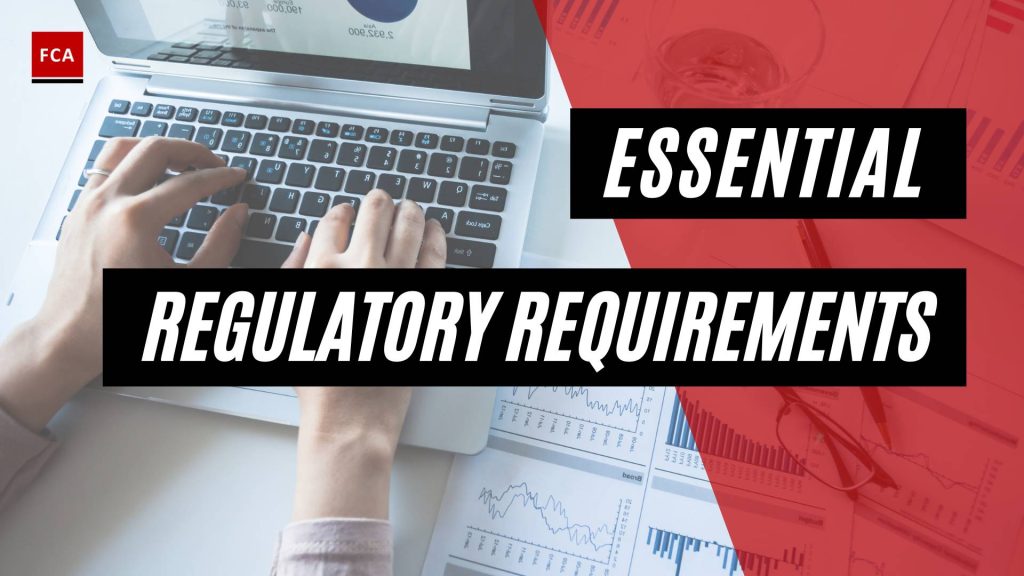A Suspicious Activity Report, or SAR, must be filed following essential regulatory requirements. No matter which country is most important to your organization, you should always know the local laws and institutions.
Financial Action Task Force
The Financial Action Task Force, or FATF, is the most important group in the world for stopping illegal financial activity. The FATF issues non-legal guidance, called Recommendations, that they expect their over 200 member jurisdictions to implement. Alternatively, they would face punitive actions. The FATF’s main policies revolve around its 40 Recommendations on money laundering and the nine special Recommendations on terrorist financing. Even though the recommendations are not legally binding, countries are expected to follow the official FATF line and put the latest recommendations into place wherever possible. If not, they face being added to the so-called “Non-Cooperative Countries or Territories” list, better known as the FATF Blacklist, which is a quick way of getting ostracized from international trade.
In one of their Recommendations, more specifically in Recommendation 20, the FATF defined some essential regulatory requirements regarding suspicious activity reports. Recommendation 20 is called “Reporting of Suspicious Transactions,” which states that “If a financial institution suspects or has reasonable grounds to suspect that funds are the proceeds of criminal activity or are related to terrorist financing, it should be required, by law, to report its suspicions promptly to the financial intelligence unit.”
FATF Recommendation 20 requires financial institutions to report suspicious transactions if they suspect or have reasonable grounds to suspect that funds are the proceeds of criminal activity or are related to terrorist financing. Recommendation 20 only says that suspicious activity should be reported in good faith, which is not the same as breaking the law. FATF says that this is a decision that should be made by the national authorities, including the police. Also, it’s important to know that filing a SAR never breaks the rules of confidentiality, data privacy, or banking secrecy. This means that filing SARs won’t get you in trouble with the law or with the courts. This is an important idea to protect institutions and employees.

EU’s Key Regulations and Regulators’ Expectations
In May 2015, the European Union issued the 4th European Union Anti-Money Laundering Directive. Article 33 specifically spells out the reporting requirements. Like the FATF Recommendations, the directive requires reporting all suspicious transactions related to criminal activity or terrorist financing. It also requires prompt reporting and responding to the FIU. Unlike the FATF Recommendations, the directive emphasizes that attempted transactions should also be reported. The directive applies to financial institutions, casinos, gatekeepers, lawyers, notaries, and other obligated entities.
An EU Directive can never be used directly by a member state of the EU. Instead, it has to be turned into local law. EU member states do not follow Article 33 directly but have the content in their respective local AML laws.
Even since the fourth European Union Anti-Money Laundering Directive came into effect, the EU has been working on the fifth and sixth directives. Even though there are some implications for SAR filing, the fourth directive lays out the most essential regulatory requirements.

US’s SAR Filing Essential Regulatory Requirements
In the US, the Financial Institution Secrecy Act, or BSA, requires a SAR when there are criminal violations involving insider abuse in any amount, violations totaling five thousand US dollars or more when a suspect can be identified, and violations totaling twenty-five thousand US dollars or more regardless of a potential suspect. A SAR is also required when there are attempted transactions totaling $5,000 or more and your institution knows or suspects that the transaction may involve potential money laundering or other illegal activity, is designed to evade the BSA, has no business or apparent lawful purpose, or does not fit the customer profile and has no reasonable explanation.
We said earlier that the FATF and the 4th EU AML Directive require SAR filings when there is a suspicion or reasonable grounds to suspect that the funds are the proceeds of criminal activity or are related to terrorist financing. The US requires the same for SAR filings but goes further by requiring filing where the transactions represent an attempt to evade the Financial institution Secrecy Act reporting requirements, such as structured cash deposits to avoid the completion of a Currency Transaction Report.
The US rules also say that a customer must file a report when the activity can’t be explained and is out of character. In this case, the analyst does not have to know or suspect the underlying criminal activity. The same also applies in the EU and is further emphasized in the laws of the member states. Writing a SAR narrative for these types of situations can be challenging.
The USA PATRIOT Act, or Uniting and Strengthening America by Providing Appropriate Tools Required to Intercept and Obstruct Terrorism Act, impacts your SAR process because it sets standards for the AML programs that financial institutions should have, requires several non-financial institution financial institutions to have AML programs, and increases the attention that should be given to correspondent banking relationships. Indirectly, those items impacted the number of SARs being filed as the numbers started increasing dramatically after the act.
The 314a, which are government requests of financial institutions, and the 314b, which are financial institution-to-financial institution requests, impact SARs in two ways:
- The fact that you have an account that is the subject of either request should trigger a review of the account. The likelihood of filing a SAR from the review is very high because the account is tied to other questionable activity identified by the government or other financial institutions.
- Information obtained from a 314b should be included in your SAR filing.
So 314a and 314b do increase the number of SAR filings and affect the investigative process, and the information obtained from those processes and included in the SARs is very valuable to law enforcement.
Final Thoughts
The Financial Action Task Force, or FATF, is the most important group in the world for stopping illegal financial activity. A Suspicious Activity Report, or SAR, must be filed following essential regulatory requirements. It’s important to know that filing a SAR never breaks the rules of confidentiality, data privacy, or banking secrecy. The EU’s 4th Anti-Money Laundering Directive requires financial institutions and other obligated entities to report suspicious transactions. Unlike the FATF Recommendations, the directive emphasizes that attempted transactions should also be reported.








